Vegans and vegetarians are faced with a sometimes overwhelming slew of options for their diet. Considerations like the source of ingredients, processing, packaging, as well as the expense of it all! And that isn’t even tackling the real challenge of identifying and solving for nutrient deficiencies that may occur because of an animal-free diet.
We’ve put together a handy overview of the typical nutrients that vegans and vegetarians are often missing, as well as some suggestions on how to supplement your diet to make up for it. It’s a real issue: a 2019 study found that 28% of vegans and 13% of vegetarians have a nutrient deficiency.
So what do you actually need?
Ideally, before starting any new vitamin or supplement, you’ll do a full bloodwork panel to see what you’re lacking. Bloodwork tests for a variety of deficiencies and flags any problematic levels. Then your dietician or medical team can review the results and help determine how, and when, to supplement.
For most of us, a full diagnostic test isn’t easily available so we have to guess — based on the foods we typically consume — what we might be missing. In general, vegans and vegetarians lack: calcium, vitamin B12 and D, zinc, iodine, iron, and omega-3 fatty acids. Read in for the low down on how to solve for these deficiencies.
Here are the typical nutrients missing from vegan and vegetarian diets
1. Calcium
Everyone knows that calcium is key for healthy bones. And a major source of calcium is dairy products. Calcium can be found in other sources like dark, leafy green veggies (kale, cabbage and collard greens) and some fortified non-dairy milks. Women who are pregnant or breastfeeding often have a calcium deficiency as well. Vitamin D or magnesium supplements are often suggested to help your body absorb calcium more efficiently.
Keep in mind: having too much calcium can also be problematic. If you’re vegan and eat your weight in dark leafy greens, this probably won’t be an issue. Still, we recommend getting a calcium deficiency test just to be safe.
2. Vitamin B12
Vitamin B12 is important for nerve and blood health and is something that vegans and vegetarians are often deficient in.
Eggs, dairy, meat, and fish are concentrated sources of B12 which are not available to vegans and vegetarians. To make up for that, we recommend a B12 supplement, or incorporating B12 fortified foods like cereals or nutritional yeast. Note — often the gel capsules have gelatin, an animal product, so be sure to check the label.
3. Vitamin D
Folks that live in colder climates (hello Canadians!) or who have more melanin in their skin tend to be vitamin D deficient. And being deficient is associated with some serious problems — problems like depression, cancer, and high blood pressure. So if wintering in the Caribbean isn’t an option, you gotta find vitamin D elsewhere.
Foods are sometimes fortified with vitamin D (some milks, breads, mushrooms, or orange juice) but the best source is sunshine. Vegan and vegetarian-friendly vitamin D supplements are also sourced from lichen. Fun fact!
4. Zinc
Zinc is key for good metabolic health and your general immune system. Luckily, this metal is regularly absorbed by plants from the soil — unluckily, those same plants create phytates which often reduce zinc absorption. Beans, seeds, nuts, and grains tend to be high in phytates, and are usually staples in veggie-based diets. Thus, a zinc supplement is often a good idea to ensure that your body is able to find and absorb this key nutrient.
5. Iodine
Thyroid hormones need iodin. When it’s low, the body will start absorbing it from the blood, leading to hypothyroidism. Low iodine can also cause issues if you’re pregnant.
The good news is that naturally occurring iodine is found in seaweed: a tasty + vegan and vegetarian-friendly option! The problem is that it doesn’t provide much, meaning you’d need to be mainlining the stuff on the regular.
In Canada we also fortify our table salt with iodine, so make sure to use plain old table salt when cooking (pass on the Himalayan pink salt — we know, be strong). A quarter teaspoon of Morton table salt alone provides 45% of your daily recommended iodine.
6. Iron
Iron deficiency is very common for those who have to suffer through menstruation, and is made worse in those who are also vegetarian or vegan. Low iron leads to anemia, which reduces the level of hemoglobin in the blood, which can then cause fatigue, brittle hair and nails, and letharg.
Iron is found in both animal and plant sources (some beans, leafy greens, seaweed), however, iron from animal sources tends to be easier for your body to absorb. For vegans and vegetarians, it’s recommended to pair your plant-based iron supplements with vitamin C to help. Word of warning: you may have side effects such as constipation and dark stools if you take too much, so we’d recommend a diagnostic test to confirm you’re deficient first. If you donate blood, they’ll often tell you your iron levels as well, to make sure it’s safe to donate.
7. Omega-3s
Omega-3s are plentiful in foods like fatty fish (salmon, etc) which obviously is not available for vegans and vegetarians. Eicosapentaenoic acid (EPA) and docosahexaenoic acid (DHA) are both omega-3s that are particularly important for brain and cardiovascular health.
Nuts can help supplement here. If you’re having trouble eating enough (walnuts, chia, and flax seeds are particularly good, soya and tofu a little less so) taking an omega-3 supplement is a simple way of bringing these super important nutrients into your diet. Vegan and vegetarian-friendly options are created from algae and other sources to ensure no animal products. Just make sure that if there’s a gel capsule, it doesn’t include gelatin.
It usually takes between three – six weeks to start to feel and see the benefits of taking vitamins and supplements, so we recommend doing your research and then sticking to your new regime for at least a month. Like we mentioned before, a full blood work panel is the best starting point so you’re absolutely sure what you need. If you can’t start there, mixing in a few of the above options into your vegan or vegetarian diet is a good bet, and can help you start to feel your best self.Want to get started on a vitamin and supplement routine? We’ve created customized daily packs for a bunch of health concerns. Click here for more info.
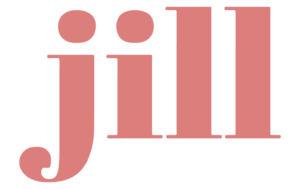
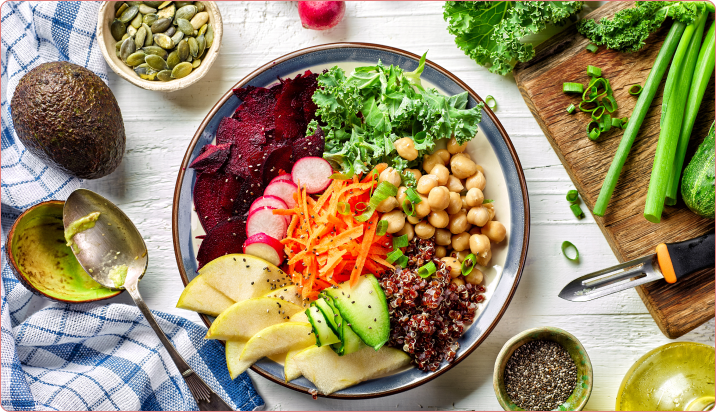




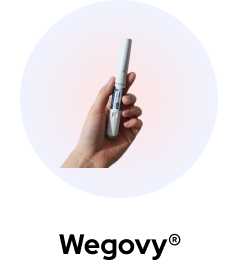
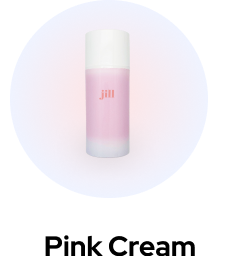
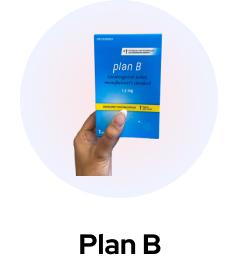



 (US)
(US)